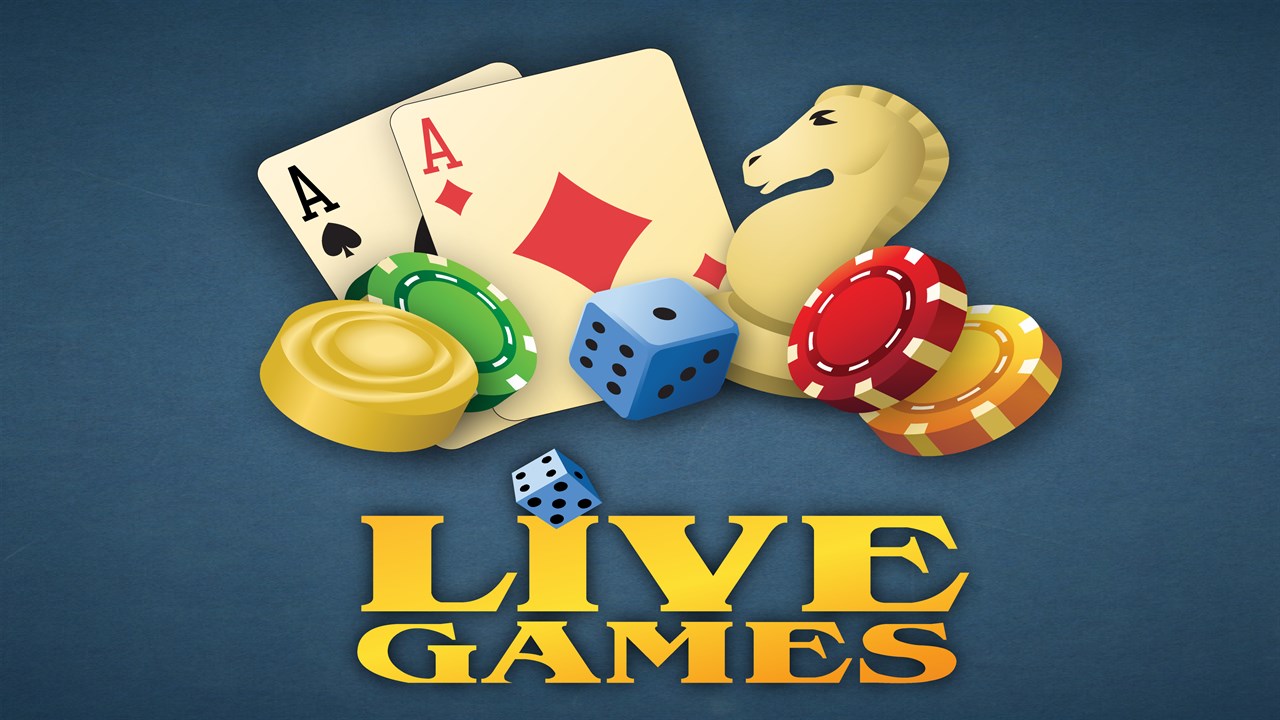In the vast landscape of entertainment, few industries have experienced such a rapid transformation as gaming. What was once confined to the realms of bulky consoles and physical cartridges has now transcended into the digital age, where a simple click can transport you into immersive worlds of endless possibilities. This transition from console to click marks a pivotal moment in the evolution of Yolanda77 gaming, reshaping not only how we play but also how we perceive and interact with this dynamic form of entertainment.
The journey from console to click has been propelled by technological advancements that have redefined the way we experience games. Gone are the days of blowing into cartridges and waiting for games to load from discs. Today, gamers have access to a vast array of titles at their fingertips, thanks to digital distribution platforms such as Steam, Epic Games Store, and PlayStation Network. With just a few clicks, players can browse through an extensive library of games, purchase their favorites, and begin playing almost instantly.
One of the most significant benefits of this digital era is the democratization of gaming. No longer bound by the limitations of physical distribution, indie developers and small studios have found a platform to showcase their creativity and innovation. With tools like Unity and Unreal Engine becoming more accessible, aspiring developers can bring their visions to life and share them with a global audience. This democratization has led to a renaissance of diverse and experimental games, challenging the conventions of traditional gaming and pushing the boundaries of what is possible.
Moreover, the digital era of gaming has fostered a sense of community and connectivity like never before. Online multiplayer experiences have become the norm, allowing players from across the globe to come together and collaborate or compete in virtual environments. Whether it’s teaming up with friends in a cooperative adventure or facing off against strangers in intense battles, the social aspect of gaming has flourished in the digital age. Platforms like Twitch and Discord have further enhanced this sense of community, providing spaces for players to share their experiences, connect with fellow enthusiasts, and even build careers as content creators.
However, as we embrace the convenience and accessibility of digital gaming, it’s essential to acknowledge some of the challenges that come with it. The rise of microtransactions and loot boxes has sparked debates around issues of fairness, addiction, and monetization practices within the industry. Concerns about privacy and data security have also emerged as online gaming continues to proliferate. Additionally, the shift towards digital distribution has raised questions about preservation and accessibility, as older titles risk being lost in the transition if not properly preserved and archived.
Nevertheless, despite these challenges, the digital era of gaming represents a paradigm shift that has fundamentally transformed the landscape of entertainment. It has democratized access to games, empowered developers to explore new creative frontiers, and fostered vibrant communities of players from all walks of life. As technology continues to evolve and new innovations emerge, the journey from console to click is far from over. With virtual reality, cloud gaming, and augmented reality on the horizon, the future of gaming promises to be even more immersive, interconnected, and exciting.
